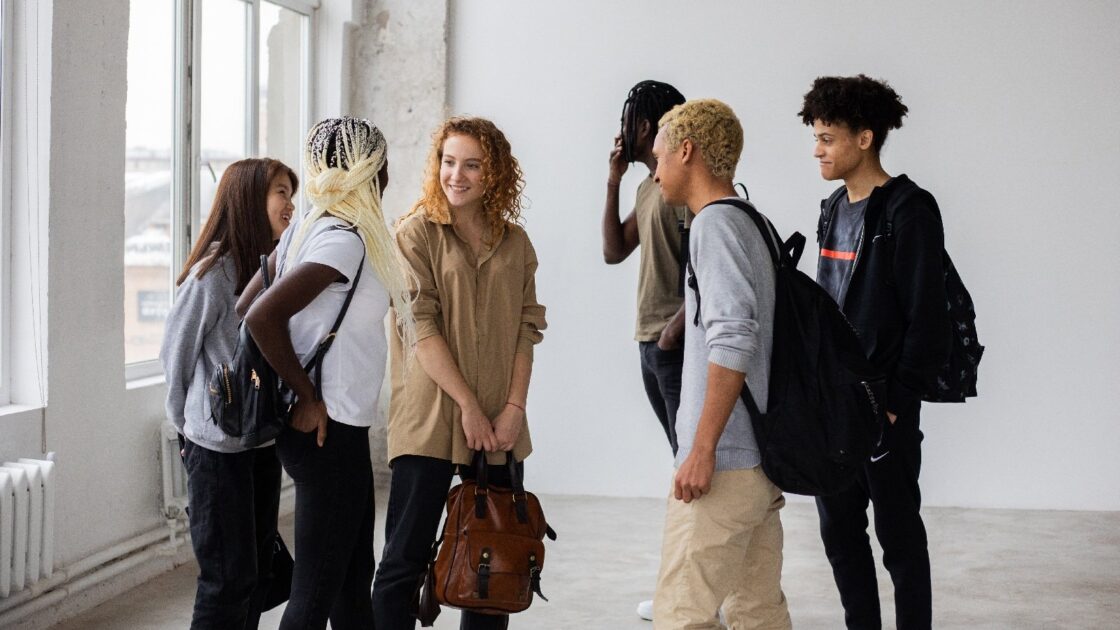The need for education in ending violence against women
Craig outlines his thoughts on what we can do to combat violence against women through education.

CW: This article references gender-based violence.
254. Two hundred and fifty-four women have been killed in this country as a result of primarily gender-based violence since 1996 as of January 2023, as recorded by Women’s Aid. In 90% of resolved cases, the perpetrator was a man known to the victim. 254 lives have been needlessly destroyed, and millions of people are left harrowingly petrified.
The United Nations defines gender-based violence as any act of violence against women and girls based on their gender; an act “that results in, or is likely to result in, physical, sexual, or mental harm or suffering to women, including threats of such acts, coercion or arbitrary deprivation of liberty, whether occurring in public or in private life.”
Bruna Fonseca, Ashling Murphy, Ana Kriegel, Sharon Bennett, Jenny Poole, Eileen O’Sullivan, are just some of the names of those whose lives ended far too short. This problem has been so engrained within our society that the shock factor related to each death has somewhat diminished. Each death is a tragedy, a truly saddening experience for us all, yet, it’s horrifying how a situation like this isn’t a surprise.
Events like this aren’t a surprise because we are all so aware of this issue. This issue has impacted every single woman in our country, countless times, yet it seems nothing is being done. Every single time a tragedy like this occurs, you can easily predict the response. An aroma of despair and sadness spreads around the country for days, weeks even.
People gather together in solidarity, we revel together in the shared feeling of despair and an underlying feeling of hope begins to slowly emerge. Surely, enough people have gathered? Surely, something has to be done?
Well, it seems like the government is listening. They’ve even announced their “plans” to do something. We lie in wait, clinging on to that sliver of hope, waiting for something, anything, but nothing happens. Nothing serious enough to cause any amount of change. Nothing serious enough to stop the women of our country from being murdered by men for no reason at all.
Enough is enough. This a familiar statement, one repeated with every tragedy. The truth of this statement cannot be denied. Those words ring hollow when nothing is done. Unfortunately, that’s exactly what has been happening throughout the entire history of our state.
What can be done? A problem where the issue is solely the behaviours of men seems difficult to change or put to a significant end. It has to be more than hoping men start to talk to each other and call on each other if they see any inappropriate behaviour. Change in our society cannot rely on conversations that simply aren’t happening.
I feel the harrowing truth is that few men want to talk about an issue of this scale. I think a refusal to admit there’s a problem, defensiveness and ego are some of the factors stopping these conversations from happening.
For many, it’s too uncomfortable to talk about the issue. However, I think the question of men’s comfort around this issue simply falls flat in comparison to the terror and fear felt by women every single day, in every aspect of their lives, who are impacted by unwarranted violence towards them.
Dublin Rape Crisis Centre recently commissioned research that shows multiple factors contributing to our problem with consent, a problem acknowledged by 70% of people in Ireland. This includes the belief that consent can be ignored and a lack of understanding around the right to withdraw consent. There are inhibitions around talking about sex candidly and clearly among all age groups.
Change in our society has to be preventative, not reactive. If conversations aren’t happening at home, they have to start in our schools. Research by the Dublin Rape Crisis Centre shows a huge 84% of people believe schools should provide appropriate consent education. The SPHE course as it stands is beneficial. Unfortunately, I feel it fails to address some of the most abhorrent social problems in this country.
It’s rather telling when most people have learned more about violence towards women through an Instagram infographic rather than at school. Every single year the course goes through the anatomy of our reproductive organs; it talks about the importance of timetabling and effective study methods and more. Is this important? Yes, but so much more needs to be covered.
Failure to cover issues like this is a matter of life or death. Lives are being taken, and women are being murdered, and although this sounds drastic and as if I’m catastrophising, it’s the truth. This issue is so much more than murder. Murder is the worst-case scenario, the tip of an iceberg, of a systematic presence of misogyny that lingers in our society, whether that be in education, sport or the workplace, etc.
The SPHE curriculum needs to be rejuvenated to further incorporate discussion around consent, sex, sexual harassment, sexual assault, and misogyny in all aspects of our lives. The issue can’t be danced around, lightly touched on in passing, or briefly mentioned before moving on. Several classes need to be set aside.
When it comes to our physical health, schools are willing to set aside two periods for PE, when it comes to our mental health, and the safety of women in our society, it’s time that the same time is set aside for SPHE. If it means that we have to deal with a long day in school, or an updated timetable, then so be it. Women’s lives are worth so much more than the potential hassle and issues that come with improving/adapting timetables to work with an updated subject.
How can this be achieved? We can’t rely on our government to make this decision without us. This is an issue where our voices need to be heard. This can be achieved in a number of ways. Writing an email to a local TD, writing to your school’s board of management, writing to your principal, getting your friends to write, sharing something on social media, and so much more. Do whatever you can to get your voice heard, it’s an issue too large to remain a passive voice. You need to say something.
Time is precious. It’s a wonder how it can feel begrudgingly slow and peculiarly swift simultaneously. Time is one of the main factors which affects the decisions we make, and if we waste it, or take too long, consequences can be dire. Time has already been wasted when it comes to tackling violence against women in this country. It cannot be wasted any longer. The more it is wasted, the more women we will lose to violence, and that number of 254 will continue to grow.
As said by Desiderius Erasmus, “the main hope of a nation lies in the proper education of its youth”. We need to educate our population today, to protect women in our future.
For anyone affected by sexual violence at any time:
Women’s Aid Helpline for those who have experienced violence in intimate relationships: 1800 341900 and the National 24-Hour Rape Crisis Helpline: 1800 778888 for anyone affected by any form of sexual violence at any time. Free and confidential information and support is available from both lines.
Feeling overwhelmed and want to talk to someone?
- Get anonymous support 24/7 with our text message support service
- Connect with a trained volunteer who will listen to you, and help you to move forward feeling better
- Whatsapp us now or free-text SPUNOUT to 50808 to begin.
- Find out more about our text message support service
If you are a customer of the 48 or An Post network or cannot get through using the ‘50808’ short code please text HELLO to 086 1800 280 (standard message rates may apply). Some smaller networks do not support short codes like ‘50808’.






